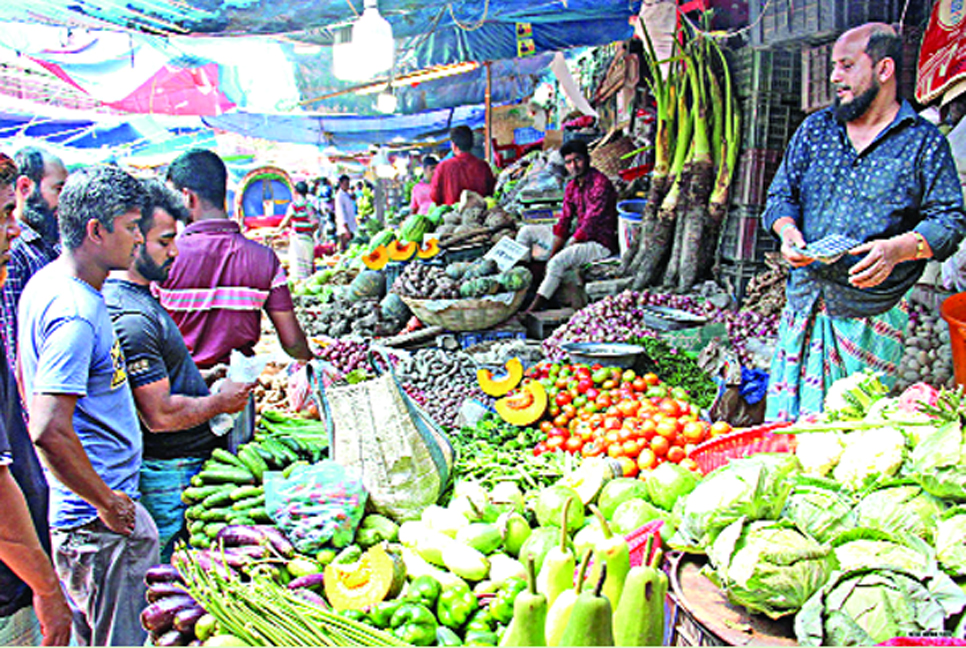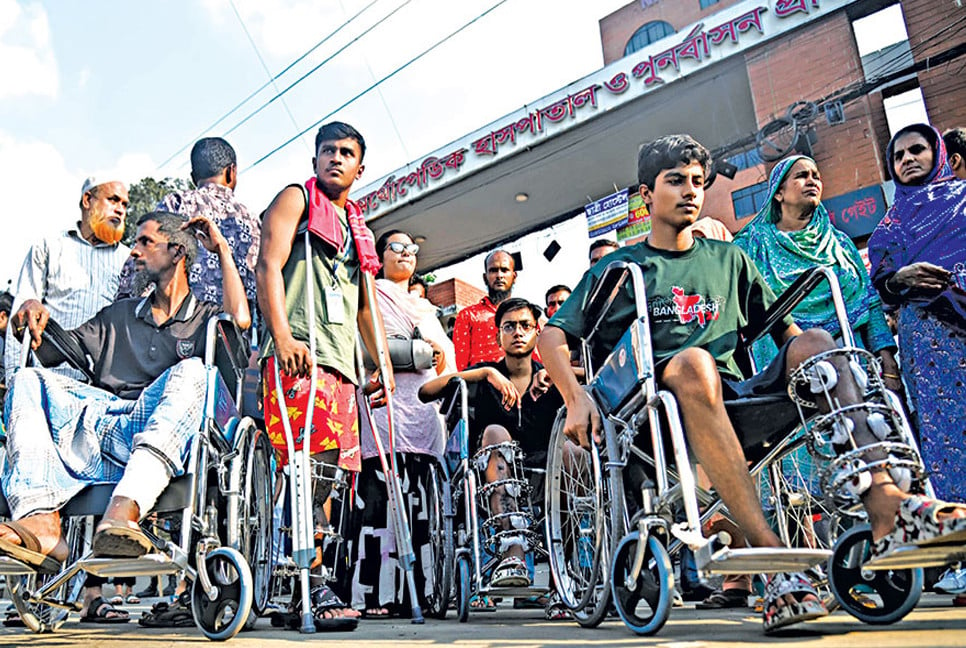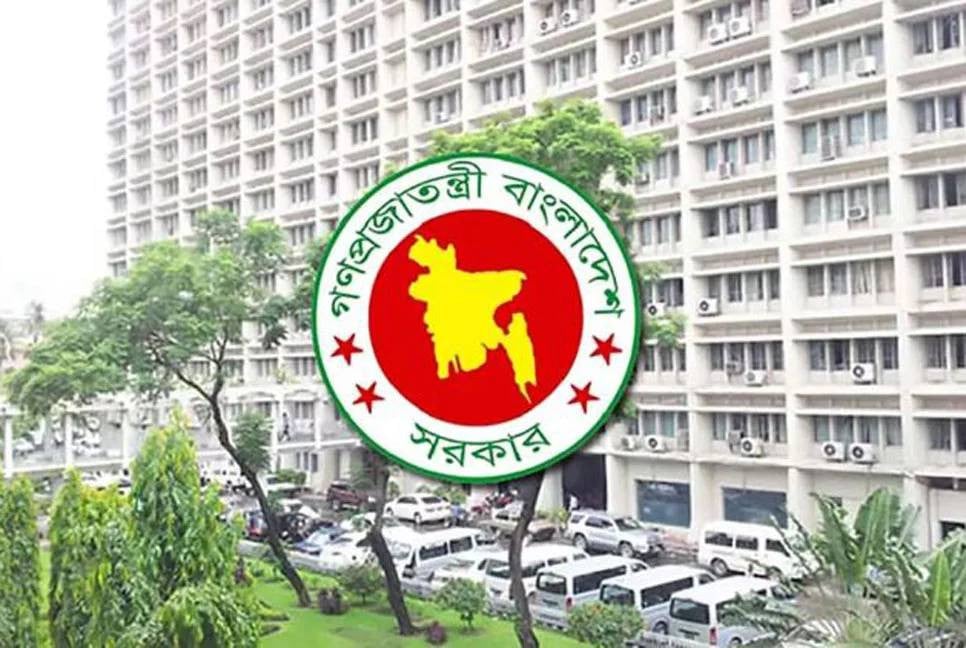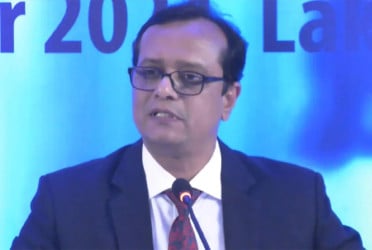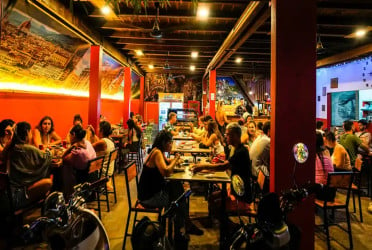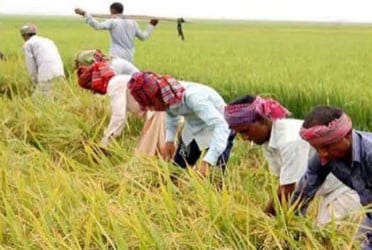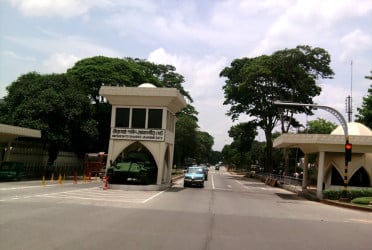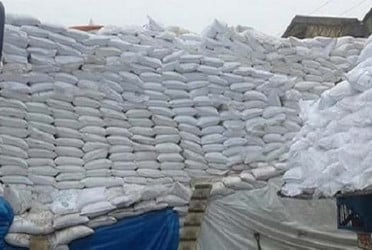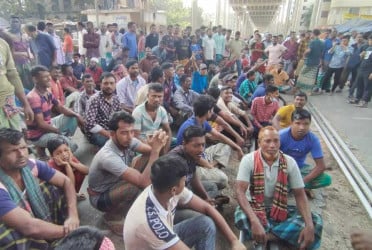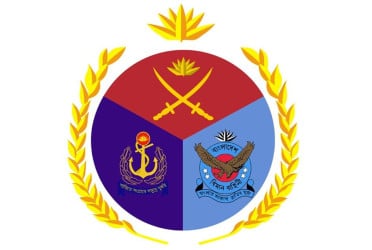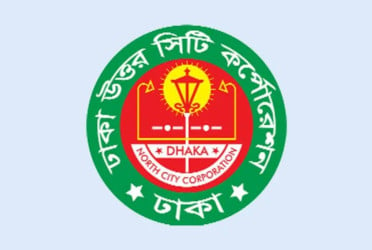The consumers are in almost suffocating situation as the prices of commodities related to practicing the fasting were increased in this Ramadan. There’s no positive change visible in the market despite the government had taken various steps to control the market situation. Already, the prices of some goods have been increased twice compared to that of last Ramadan. The prices of iftar-items and fruits were hiked recklessly.
Each year, the government promised to take various steps in Ramadan. However, the market situation still isn’t subdued even the operations of directorate of consumers are going on. The price level went beyond the capacity of middle class and low-middle class people, according to the market experts.
From the field visit in a few markets in capital, it has been found that the market is more unstable than it was in any previous Ramadan. The prices, more or less, have been increased almost twice. Hence, the consumers also have to pay double in purchasing purpose, or they have to buy lesser amount of goods than they bought previously.
One of the most essential iftar items is Dates. So, the consumers rushed to buy dates in addition to purchasing other daily essentials. Nonetheless, the dates prices have been doubled compared to that of previous year. According to different standards, the prices of dates vary from Tk 200 to Tk 1,000 per kg. Due to dollar crisis and syndicate of wholesale traders, the market of dates is high, according to the retail traders.
According to the market, medium quality Kamranga Maryam dates is being sold at Tk 500 per kg this year, Raw Maryam 850 and Iranian Maryam 1, 000. Tunisian dates are selling at Tk 600 per kg, Saudi amber dates at Tk 2,200, Azwa (small) dates at Tk 1,200, Madina Sugai dates at Tk 1,200 and Meghzal Amber dates at Tk 1,500. In addition, Nakhal Mariam dates are sold at Tk 550, Jihadi dates 500, and dry dates 450, Libyan dates 500, plum dates 500, raw dates 520 and Dabas dates are being sold at Tk 500 to 700. Depending on the quality, these dates are being sold at a price of Tk 300 to Tk 500 more at per kg than it were in last year.
The traders are selling almost all the fruits at a price of Tk 20 to Tk 60 higher than it was in the last 15 days. The prices of oranges, malta, grapes and apples were increased by Tk 50-60 per kg. In the wholesale market, crown apple is selling at Tk 280 to 300 per kg, Fuji apple at Tk 290 to 300, Egyptian malta Tk 260 to 270. Indian white grapes are being sold in the retail market at Tk 280 to Tk 350 per kg. Anar and grapes prices were increased by Tk 10-20 per kg within a week. Medium sized Anar was seen selling at Tk 320 to Tk 340 per kg, while black grape at Tk 300 to Tk 320 and white grape at Tk 210 to Tk 220 per kg. China oranges are being sold at Tk 230 to Tk 250. Pineapple is another popular fruit for Iftar during fasting. In other years this juicy fruit is fairly affordable, but this time its price is also high. A large sized pineapple is being sold in the retail market for more than Tk 100. The same pineapple was sold at Tk 70 to Tk 80 a year ago. Medium and small sized pineapple pieces are Tk 40 to 50.
A dozen of ripe bananas were bought eight to ten days ago for Tk 50-55, which have now become Tk 60 to 80 per dozen. Bananas of Champa variety are selling at Tk 65-70 taka per dozen which have increased by Tk 10 to 15. Bananas of Sabri variety are being sold at Tk 110 to 120, an increase by Tk 10 to 15 per dozen. The sale of summer fruit watermelon has also started on a small scale. The sellers are charging Tk 60 to 80 per kg. Accordingly, the price of a medium-sized watermelon is from Tk 400 to 500.
A kg of Guava has increased by Tk 15-20 in a week. Earlier it was 50-60 taka, now it is 70-80 taka. The price of Bedana is Tk 350-400, Ata 450-500. Hybrid plums are priced at Tk 100 to Tk 130.
When Ramadan comes, the demand for various varieties of husks is increased in the market. Fasting people like to break their fast with this drink at Iftar. But this time, before fasting, the price of Isabgul husk used to make syrup was increased. The sellers said that at present, the husks of Isabgul per kg are being sold for Tk 1,500 to 2,000, which was Tk 1,100 to 1,500 six months ago. In the retail market, the husk of Isabgul is being sold at Tk 1,600 to Tk 2,200 per kg. Six months ago it was Tk 1,000 to 1, 700 taka.
Last year before Ramadan, onion was sold at Tk 30-40 per kg. That price is now nearly triple. Onion is being sold at Tk 110 to 125 per kg.
There is a lot of demand for making lemon syrup at Iftar. All classes of people drink more or less lemon surup at Iftar. But this time drinking lemon surup is a luxury. A hali (4) of lemon was sold at Tk 50 to 60 taka. Even, per price of lemon is being sold at Tk 20 in some places. Last year sugar was Tk 115 to Tk 120 per kg during Ramadan, which is now Tk 150.
Potato chop is a very favorite dish to fasting people. Potatoes are now abundant in the market. However, a kg is being sold at Tk 32-35. At this time last year, it was Tk 18 to 20. Now you have to pay 14-15 taka more per kg.
About 2 lakh tons of chickpeas are imported annually as 1 lakh tons are needed during Ramadan. Last year, at this time in the market, its price was Tk 90 to Tk 95 per kg, which is now selling at Tk 105 to 112. This time, the consumers have to spend Tk 15 to Tk 17 taka more for per kg.
Broiler chicken price is increased by Tk 20 to 25 per kg in the last two days. Two days ago it was sold at Tk 200 to Tk 210, but yesterday it was sold at Tk 220 to Tk 235. The fish market is also hot before Ramadan. Almost all types of fish including Pangash, Kai, Rui, Katla have increased by Tk 20 to Tk 50 per kg. The price of eggs is also slightly higher than last year.
Ahead of the national elections, some relief returned to the market due to lower beef prices. But the price has gone up again and now the beef has gone to the previous price. It is being sold at Tk 750 to 800 per kg. Last year before Ramadan, it was Tk 700 to 720. Hence, the consumers will have to pay Tk 50 to 60 more per kg.
Advocate Humayun Kabir, general secretary of Consumers Association of Bangladesh (CAB) said, "The ministers say that the market is under control; but even today I went to the market and saw the price of everything increased. Only a dozen of lemons were seen selling for more than Tk 100. The price of dates has increased almost two to three times. The minister says to break the fast with plums. The price of that plum is now about Tk 200. We have not seen the reflection of what the government has said in the market.”
(The report was published on print and online versions of The Bangladesh Pratidin on March 12 and rewritten in English by Lutful Hoque Khan)

